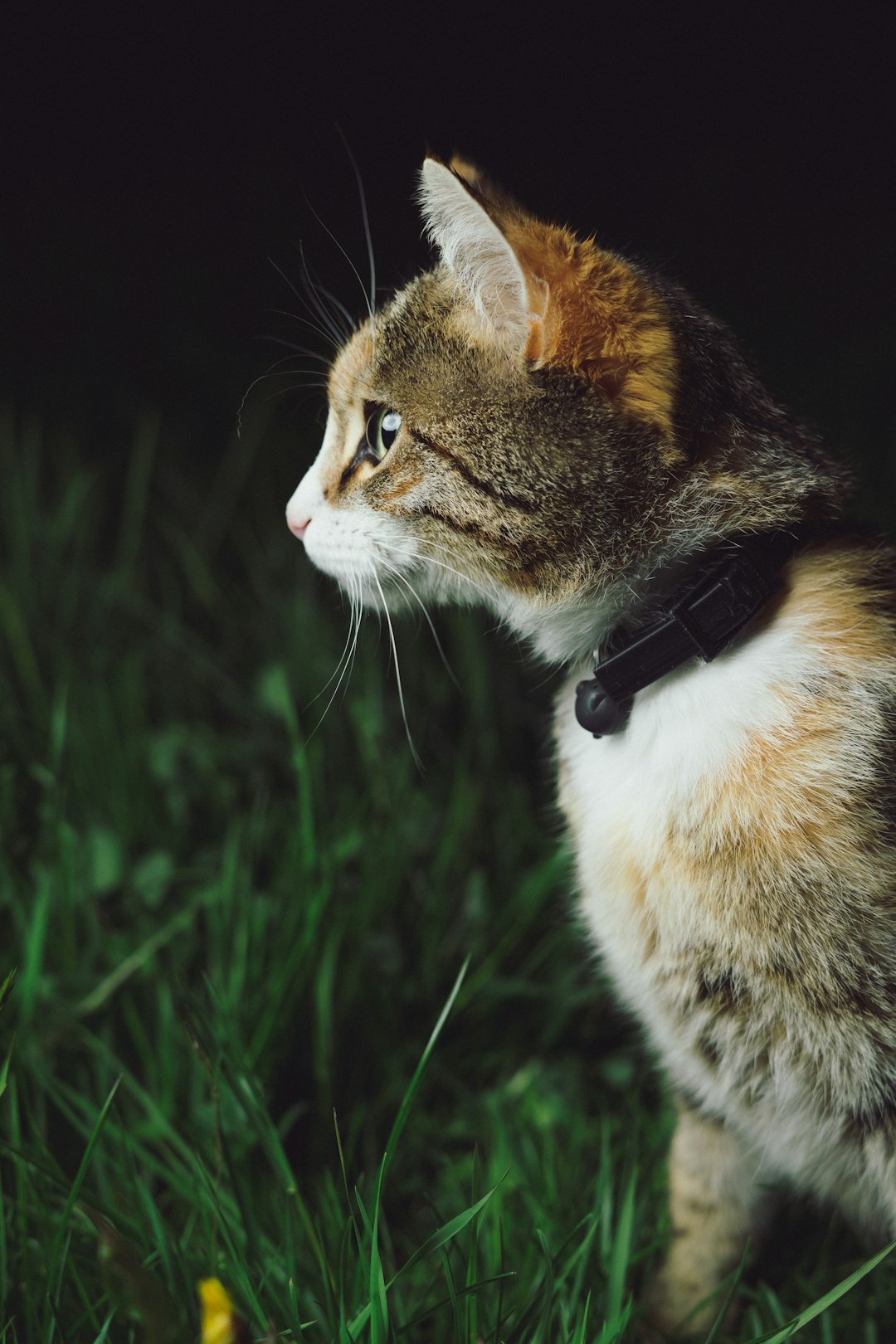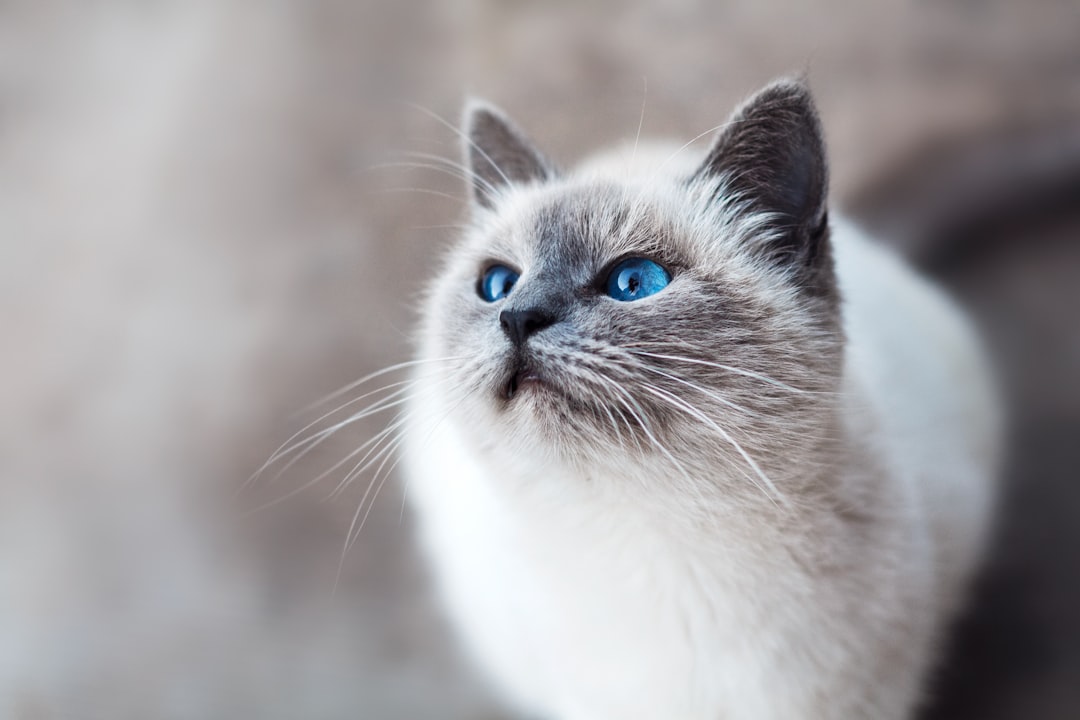When you notice your feline friend exhibiting signs of cat coughing, it’s essential to pay attention, as this symptom can indicate various underlying health issues. As a responsible pet owner, understanding the causes and recognizing the signs of a coughing cat can help you take prompt action. In this guide, we’ll explore common indicators of a cough, effective home remedies, when to seek veterinary assistance, and preventive measures to ensure your cat remains healthy and comfortable. By being proactive, you can safeguard your pet’s well-being and enhance their quality of life.
Understanding the Causes of a Coughing Cat
When observing cat coughing, it’s crucial to understand the potential causes behind this behavior. Cats may cough for various reasons, and identifying the root cause can help you provide the right care. Here are some common causes:
- Allergies: Similar to humans, cats can be allergic to dust, pollen, or certain foods, leading to coughing.
- Infections: Respiratory infections, such as feline asthma, can trigger persistent coughing.
- Parasites: Conditions like heartworm or lungworms can irritate your cat’s airways, resulting in a cough.
- Foreign objects: If your cat has inhaled or swallowed something unusual, it might cough as a reflex to expel it.
- Chronic conditions: Diseases such as bronchitis or tumors might lead to regular coughing episodes.
Recognizing these causes is essential for effective treatment. If your cat is coughing persistently, consider monitoring other signs and consult a veterinarian to address any underlying health issues.

Common Signs Indicating a Cat is Coughing
Recognizing the signs of cat coughing is crucial for early intervention. Here are the key indicators to watch for:
- Sound: Listen for a distinct cough or hacking noise. It may sound dry or wet, depending on the underlying issue.
- Behavior Changes: Observe any unusual behaviors, such as hiding, lethargy, or decreased appetite. Cats may also become more vocal.
- Respiratory Symptoms: Look for additional symptoms like wheezing, labored breathing, or nasal discharge, which may accompany cat coughing.
- Posture: Coughing cats may adopt a hunched position or extend their neck while coughing, attempting to relieve discomfort.
- Frequency: Take note of how often your cat coughs. Frequent coughing can indicate a more serious condition requiring immediate attention.
Understanding these signs is essential. By being vigilant, you can assess your cat’s health and decide when it’s time to consult a veterinarian about the cat coughing. Monitoring these behaviors ensures your feline friend’s comfort and well-being.
When to Consult a Veterinarian
Recognizing when to seek veterinary care for your cat coughing is crucial for their health. While occasional coughing can be normal, certain signs may indicate a more serious problem. Consider the following points:
Frequency of Coughing: If your cat coughs frequently, this may signal an underlying issue.
Duration: Persistent coughing lasting more than a few days warrants veterinary attention.
Other Symptoms: Look for additional signs such as:
- Wheezing or Labored Breathing
- Loss of Appetite
- Lethargy
- Vomiting
Age and Health: Older cats or those with pre-existing health conditions should receive prompt care if they start coughing.
Remember that early intervention can lead to better outcomes. If you notice any concerning changes related to your cat coughing, don’t hesitate to consult a veterinarian. They can provide a proper diagnosis and create a tailored treatment plan, helping ensure your furry friend feels better soon.
Home Remedies for Your Coughing Cat
Caring for a cat coughing can be distressing, but there are effective home remedies to help ease their discomfort. Here are some simple yet helpful strategies:
Steam Therapy: Create a humid environment. Running a hot shower and allowing your cat to stay in the bathroom for a few minutes can help their airways to open up. Ensure you’re supervising your cat during this time.
Hydration: Always keep fresh water available. Encouraging your cat to drink more helps soothe their throat and thin mucus, reducing coughing.
Herbal Remedies: Some herbs, such as thyme or peppermint, may relieve respiratory irritation. Mix a few drops of herbal essence into your cat’s water or use herbal teas diluted with water.
Air Purifiers: Investing in a good air purifier reduces allergens and irritants in your home. This can significantly decrease instances of cat coughing.
Diet Adjustments: Providing a high-quality diet can improve your cat’s overall health and combat coughing caused by allergies or irritants.
While these remedies can aid in alleviating cat coughing, always observe your cat for severe symptoms. If coughing persists, consult your veterinarian for a proper diagnosis.

Over-the-Counter Medications for Cats
When dealing with cat coughing, some over-the-counter (OTC) medications may help alleviate your pet’s discomfort. It’s crucial, however, to approach this option with caution.
Here are some common OTC medications for cats:
- Cough Suppressants: Products containing dextromethorphan can sometimes relieve mild coughing.
- Antihistamines: These may reduce respiratory irritation, especially if allergies are the cause.
- Expectorants: Help loosen mucus, making it easier for your cat to breathe.
Comparison of OTC Medications
| Medication Type | Effect | Safety Considerations |
|---|---|---|
| Cough Suppressants | Reduces cough reflex | Consult your vet before use |
| Antihistamines | Alleviates allergies | Monitor for drowsiness |
| Expectorants | Loosens mucus | Not recommended for chronic cases |
Always monitor your cat after administering any medication. If cat coughing persists or worsens, consult a veterinarian. Remember, not every OTC drug is safe for cats, and dosages may greatly differ from humans. Keeping your pet’s health and comfort a priority is essential when considering treatment options.
Preventative Measures to Avoid Coughing
Preventing cat coughing requires a proactive approach to your feline’s health. Here are effective measures you can take:
Regular Vet Check-ups: Routine veterinary visits help detect potential issues early, aiding in preventive care.
Healthy Diet: Feed your cat a balanced diet rich in nutrients. Quality food boosts the immune system and reduces health risks.
Maintain Hydration: Ensure your cat drinks enough water. Dehydration can lead to respiratory issues, including coughing.
Air Quality Control: Use air purifiers to eliminate allergens and pollutants that could trigger coughing. Avoid smoking indoors.
Avoid Secondhand Smoke: Exposure to smoke irritates the respiratory tract, increasing the likelihood of cat coughing.
Regular Cleaning: Keep your home free of dust and pet dander to minimize irritation for your cat’s lungs.
Limit Allergens: Recognize and reduce exposure to common allergens like pollen or molds to prevent respiratory problems.
Taking these preventative measures can significantly decrease the chances of your cat experiencing coughing episodes, ensuring their overall health and well-being.
Monitoring Recovery and Further Symptoms
When your cat is coughing, vigilance during the recovery phase is crucial. Here’s how to effectively monitor your feline friend’s progress and identify any concerning signs:
- Observe behavior: Watch for changes in activity levels. Lethargy or decreased playfulness can indicate complications.
- Watch for persistent coughing: If your cat continues coughing beyond a few days, this warrants further investigation.
- Check for appetite changes: A decrease in appetite or reluctance to drink water may signal an underlying issue.
- Monitor respiratory patterns: Note if your cat is breathing heavily or has labored breaths. Rapid breathing or wheezing requires immediate veterinary attention.
| Symptom | Action Needed |
|---|---|
| Persistent coughing | Vet consultation recommended |
| Loss of appetite | Observe for 24 hours; consult if continues |
| Increased lethargy | Monitor closely; consider vet visit |
| Labored breathing | Emergency vet visit |
Monitoring your cat’s health during recovery ensures you catch any further symptoms of cat coughing early. Always trust your instincts—if something feels off, don’t hesitate to reach out to your veterinarian for guidance. Your cat’s health and comfort should always come first.

Conclusion: Ensuring Your Cat’s Health and Comfort
Taking care of your coughing cat involves a combination of awareness, timely interventions, and proactive measures. It’s essential to monitor your cat’s health and seek professional advice when necessary. Here are some key takeaways to ensure your feline friend stays comfortable and healthy:
- Stay Observant: Keep an eye on changes in behavior, appetite, or activity levels, as these can signal underlying issues related to cat coughing.
- Regular Veterinary Check-ups: Routine vet visits help catch health problems early and ensure that your cat receives appropriate vaccinations and treatments.
- Create a Comfortable Environment: Maintain a stress-free home, provide cozy resting spots, and ensure a smoke-free environment to reduce factors contributing to cat coughing.
- Nutritional Support: Feed a well-balanced diet and consider supplements recommended by your vet to enhance respiratory and overall health.
In summary, the health and comfort of your coughing cat primarily rely on your attentiveness and readiness to act. By understanding the signs and taking preventive measures, you can provide the best care possible and help your kitty lead a happy, cough-free life.
Frequently Asked Questions
What are the common signs of a coughing cat that I should be aware of?
Common signs of a coughing cat include frequent dry or wet coughs, gagging or retching sounds, labored breathing, lethargy, and loss of appetite. Additionally, you may observe your cat pawing at its mouth or throat, or it may also show signs of distress or discomfort. It’s essential to monitor these signs closely, as they can often indicate underlying health issues that require prompt veterinary attention.
What home remedies can I use to alleviate my cat’s cough?
While it’s crucial to consult a veterinarian for proper diagnosis and treatment, some home remedies may help alleviate a cat’s cough. Ensure that your cat stays hydrated by providing fresh water, and consider using a humidifier in your home to ease respiratory irritation. Additionally, honey has soothing properties; a small amount might help, but it’s vital to confirm with a vet first. Avoid giving any medications without professional guidance to ensure your cat’s safety.
When should I take my coughing cat to the veterinarian?
You should take your coughing cat to the veterinarian if the cough persists for more than a couple of days, worsens, or is accompanied by other concerning symptoms such as difficulty breathing, lethargy, or a loss of appetite. Immediate veterinary care is necessary if you observe any signs of distress or if your cat is coughing up blood or has a fever. Early intervention can make a significant difference in your cat’s health.
What are the potential causes of a cough in cats?
A cough in cats can be caused by a variety of factors, including respiratory infections (viral or bacterial), allergies, asthma, heartworms, or even more serious conditions like pneumonia or tumors. Other possible causes include bronchitis or irritants in the environment, such as smoke or dust. Understanding the cause of your cat’s cough is essential for effective treatment, so it is advisable to have a veterinarian perform a thorough evaluation.



